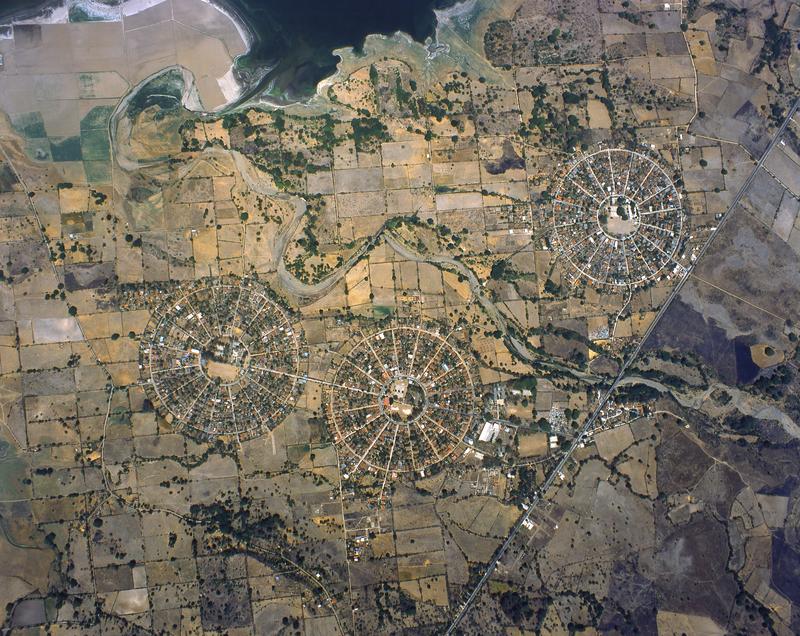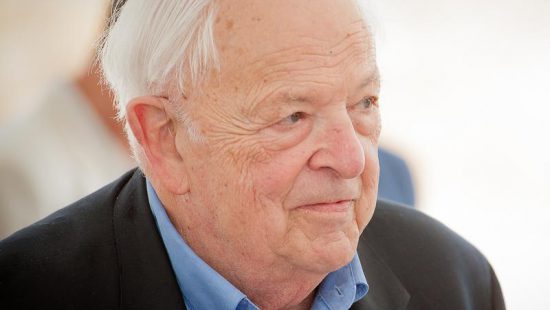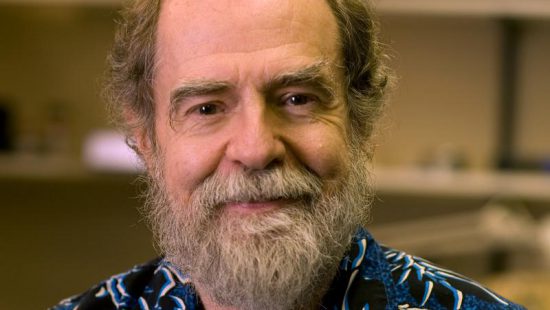Life on Earth began with stars. According to the Big Bang Theory – a prevailing hypothesis about the universe’s creation billions of years ago – the first stars contained mostly hydrogen, the lightest chemical element.
Inside the stars, hydrogen nuclei collided to form a new element, helium. Under high temperatures, lighter elements formed heavier ones, including oxygen and nitrogen – both of which are found inside our bodies.
“All of us are truly and literally a little bit of stardust,” said William Alfred Fowler, a scientist who helped discover this “nucleosynthesis.”
This accomplishment, which earned him the Nobel Prize, continued to captivate the Pennsylvania-born astrophysicist throughout a successful more than 60-year career researching the cosmos.
“It is a remarkable fact that humans, on the basis of experiments and measurements carried out in the lab, are able to understand the universe in the early stages of its evolution, even during the first three minutes of its existence,” he said.







